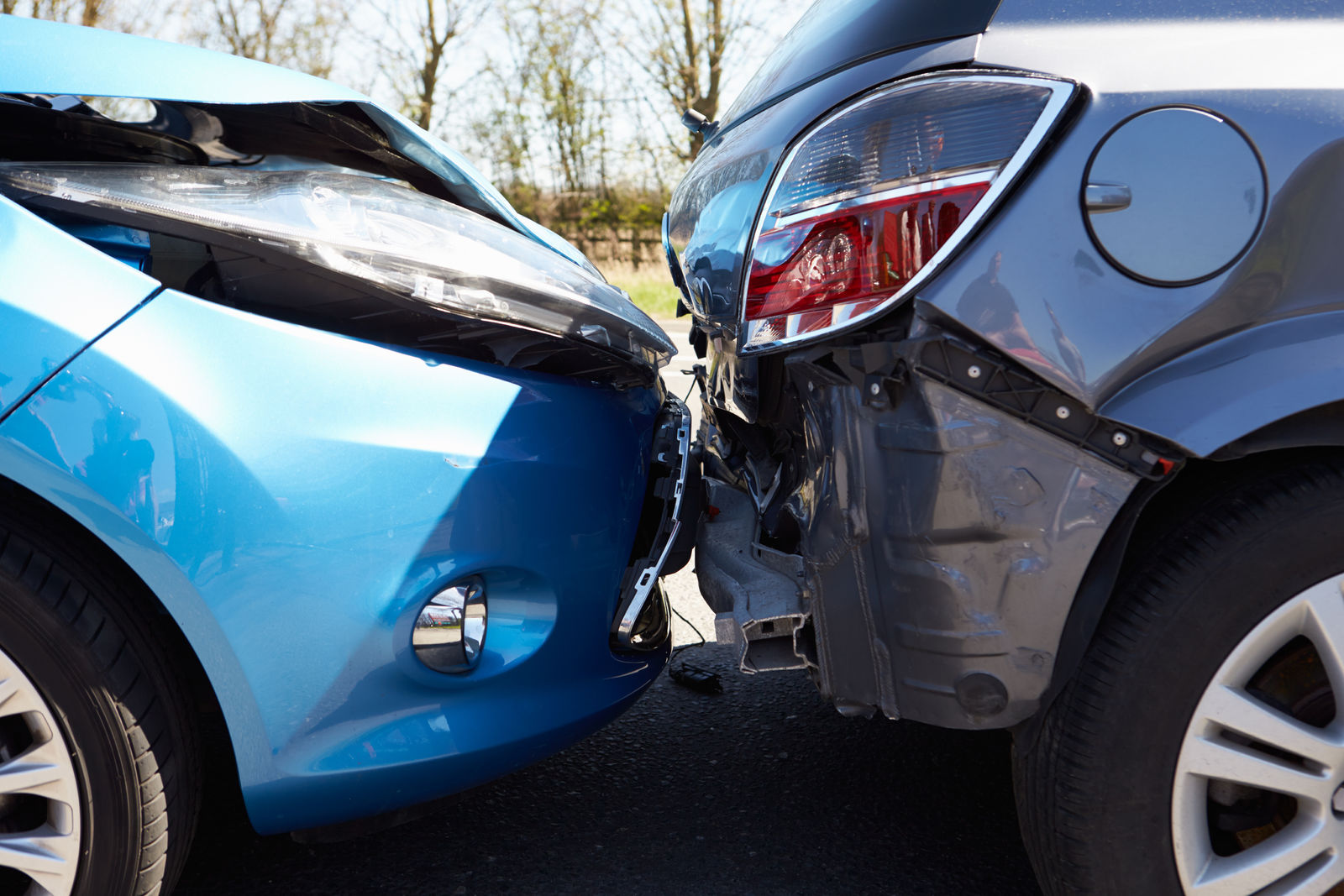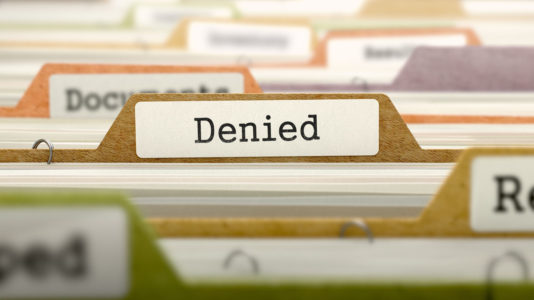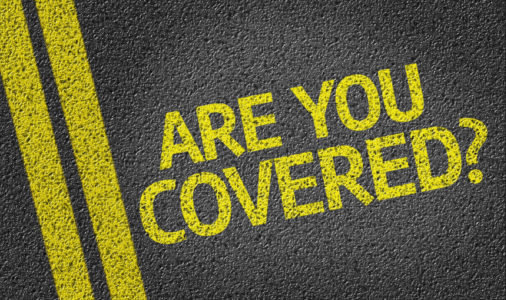If you crash your friend’s car, whose insurance pays?

Free Car Insurance Comparison
Compare Quotes From Top Companies and Save
Secured with SHA-256 Encryption
Brad Larson
Licensed Insurance Agent
Brad Larson has been in the insurance industry for over 16 years. He specializes in helping clients navigate the claims process, with a particular emphasis on coverage analysis. He received his bachelor’s degree from the University of Utah in Political Science. He also holds an Associate in Claims (AIC) and Associate in General Insurance (AINS) designations, as well as a Utah Property and Casual...
Licensed Insurance Agent
UPDATED: Jan 5, 2024
It’s all about you. We want to help you make the right coverage choices.
Advertiser Disclosure: We strive to help you make confident car insurance decisions. Comparison shopping should be easy. We are not affiliated with any one car insurance provider and cannot guarantee quotes from any single provider. Our partnerships don’t influence our content. Our opinions are our own. To compare quotes from many different companies please enter your ZIP code on this page to use the free quote tool. The more quotes you compare, the more chances to save.
Editorial Guidelines: We are a free online resource for anyone interested in learning more about car insurance. Our goal is to be an objective, third-party resource for everything car insurance-related. We update our site regularly, and all content is reviewed by car insurance experts.
UPDATED: Jan 5, 2024
It’s all about you. We want to help you make the right coverage choices.
Advertiser Disclosure: We strive to help you make confident car insurance decisions. Comparison shopping should be easy. We are not affiliated with any one car insurance provider and cannot guarantee quotes from any single provider. Our partnerships don’t influence our content. Our opinions are our own. To compare quotes from many different companies please enter your ZIP code on this page to use the free quote tool. The more quotes you compare, the more chances to save.
On This Page
- A permissive use clause, business use of the vehicle, and the friend’s frequency in using the car are factors to weigh
- The owner’s collision and liability insurance may cover the losses
- An uninsured borrower or someone borrowing the vehicle without permission could complicate matters related to insurance coverage
- All parties should confirm coverage status with all connected auto insurance companies
Borrowing a friend’s car seems like a very uncomplicated thing to do. In truth, borrowing a car is uncomplicated unless something unfortunate occurs. Accidents and other perils do make things very complicated.
Insurance is supposed to provide the necessary protection to keep a driver out of brutal financial trouble, but does insurance work as intended when a vehicle has been borrowed?
More pointedly, what happens when the driver is not the owner and the car ends up crashing? Borrowing a friend’s car now comes with potentially serious problems depending on how severe the crash was and whether or not people were hurt or property was damaged.
Or, the situation could be really easy to address. The key question to ask here is, “Is insurance coverage effectively in place to cover the damage when a friend borrows a car?”
Enter your zip code above to compare car insurance options. You might be surprised by how much you could save on coverage.
Permissive Use
A “permissive driver clause” in the vehicle owner’s policy is what may cover a friend who borrows a car.
The permissive use clause covers those who occasionally borrow the car. A frequent user is doubtfully going to be covered under the permissive user designation.
Frequent use is obviously not the same as occasional use.
A frequent driver would need to be listed on the policy as an additional driver. Lending for the vehicle to someone who uses it for business is surely going to be excluded from the permissive use clause as well.
The coverage associated with permissive use may even be limited, which is another issue of concern. The greatest issue of concern is whether or not the permissive use clause even exists!
Not all insurance policies provide permissive use coverage. If permissive use is not listed and granted in the policy, the coverage does not exist.
FREE Car Insurance Comparison
Compare quotes from the top car insurance companies and save!
Secured with SHA-256 Encryption
Authorized Drivers and an Additional Insured
Compiling a comprehensive list of authorized drivers makes things a lot easier to resolve.
On an insurance policy, the primary policyholder can list authorized drivers. If one friend places another friend on the policy and the insurance company accepts the person, then he/she is accepted as covered on policy.
Be aware this inclusion could lead to an increase in the policy’s price.
Likely, the insurance company will do a check on the person’s background in order to arrive at a proper rate before accepting the person as an “additional driver.”
Most of the time, persons added to a policy includes people who live in the same house. Usually, these persons are family members.
Do not make any assumptions that non-family household members can be automatically covered. Check with the insurance company.
Non-owners who frequently use the vehicle should be listed on the policy.
Otherwise, a claim involving such a driver could be denied. Again, frequent users would be excluded from permissive use coverage since permissive use is intended to cover occasional drivers.
Vehicle owners have an unfortunate tendency to make assumptions about who is or isn’t covered under a policy. Do not make assumptions. Always call the insurance company up and double check to see if the person being lent the car is covered.
In general, however, insurance “goes with the car.” Just be mindful of all rules and exclusions associated with permissive usage. Lending the car to an inexperienced driver, for example, could be excluded from coverage.
Crashing the Car and Collision Insurance
https://www.youtube.com/watch?v=jFDl_p3gHNk&t=4s
Let’s say a friend borrows the car and ends up driving into a telephone pole or highway divider causing damage. The damage may be major or minor, but only afflicts the car and does not hurt the following:
- Driver
- Passenger
- Pedestrian
- Someone’s property
This type of claim would fall under collision insurance coverage.
Collision coverage could possibly cover the damages to the car even though the vehicle was lent to someone else. The owner of the vehicle would be required to pay the deductible on the collision coverage, but this is to be expected.
Collision insurance is, however, an add-on coverage. That means the state does not require drivers to purchase collision insurance. Without collision insurance, the owner of the vehicle is stuck having to pay for the damage to the car.
Could the owner of the vehicle sue the friend who damaged the car? Suing to recover damages due to the “borrower friend’s” negligence is a possible option. Whether he or she wins in court or not depends on how the judge or jury rules.
Compare quotes from the top car insurance companies and save! Secured with SHA-256 Encryption
Liability and Worse
The biggest fear all parties are going to feel would be the terrible situation of a friend borrowing a car and then being at-fault for an accident.
If the accident only damages property or causes a fender bender, the amount of money obligated to the aggrieved party might not be that much. In the event the accident causes severe bodily injury, the stakes are increased immensely.
The possibility exists that the vehicle owner’s insurance would cover the damages related to bodily injury and property damage depending upon the policy’s permissive use clause.
The driver of the car who is not the owner may find his/her insurance policy brought into the situation if the damages exceed the limits of the car owner’s liability coverage.
This determination is based on the assumption the person borrowing the car has his/her own insurance policy.
If not, then the injured party is sure to go after the owner of the vehicle for any additional damages beyond the policies limits. The uninsured friend who borrowed the car is likely to be sued as well.
FREE Car Insurance Comparison
Compare quotes from the top car insurance companies and save!
Secured with SHA-256 Encryption
Not Granting Permission
When a friend borrows a car without permission, the friend has opened a proverbial Pandora’s Box of potential financial hazards for him/herself.
If permission was not granted to use the vehicle, the owner of the car might not be held responsible for damages. If he/she explicitly said not to borrow the car and the friend did so anyway, the owner may be able to escape liability.
Owners do need to refer to the statutes in their state and to the rules and exclusions in their insurance policy to ascertain responsibility. The running theme here is to never make assumptions about who is or who is not responsible.
Always confirm insurance coverage limitations.
If an accident occurred when the car was taken without permission, the owner’s car insurance should cover the liabilities. Again, don’t confuse “should” with a guaranteed outcome.
Owners must also expect to be asked to prove they did not grant permission. Whether fair or not, this is how the process usually works.
Further Insurance Options
Several other types of insurance coverage may be brought into an accident claim scenario. In a no-fault state, the borrower’s auto insurance policy should have personal injury protection (PIP) to pay for lost wages and medical bills.
The friend could also implement his/her own nonowner’s car insurance, a policy designed to cover borrowed or rented vehicles.
Access to a wide variety of insurance options for owner and friend alike should be more than enough to prove that seeking out insurance quotes and performing comparisons of the various policies is necessary to get the right coverage in place.
Always Check on Coverage
Why should no one make assumptions about policies and coverage delineations? Because assumptions mean nothing. Only laws and contractual terms have validity.
Before lending a vehicle out to a friend, the owner of a car should check with his or her insurance company to positively confirm what is and what is not covered.
Before borrowing a car, the friend should ask the owner to double check with his/her insurance company.
Comparison shopping for the best policy probably will help the cause of getting the best and most comprehensive policy. Enter your zip code below to compare today for free!
FREE Car Insurance Comparison
Compare quotes from the top car insurance companies and save!
Secured with SHA-256 Encryption
Brad Larson
Licensed Insurance Agent
Brad Larson has been in the insurance industry for over 16 years. He specializes in helping clients navigate the claims process, with a particular emphasis on coverage analysis. He received his bachelor’s degree from the University of Utah in Political Science. He also holds an Associate in Claims (AIC) and Associate in General Insurance (AINS) designations, as well as a Utah Property and Casual...
Licensed Insurance Agent
Editorial Guidelines: We are a free online resource for anyone interested in learning more about car insurance. Our goal is to be an objective, third-party resource for everything car insurance-related. We update our site regularly, and all content is reviewed by car insurance experts.


